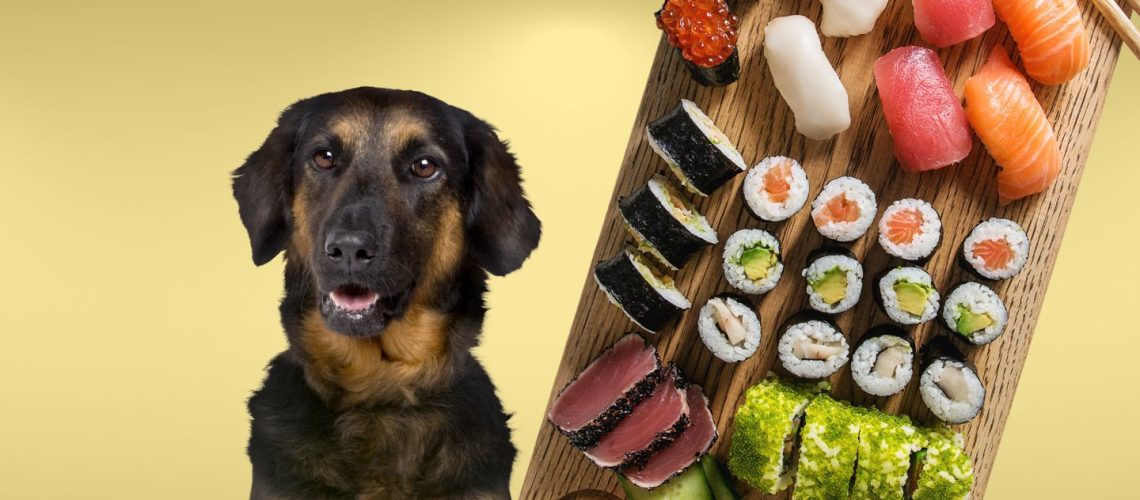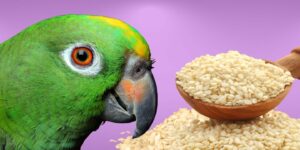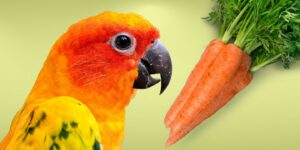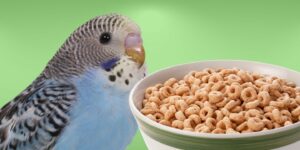No, dogs should not eat sushi. Sushi is a popular dish for humans, featuring a combination of ingredients such as raw fish, rice, and various seasonings. However, some of these ingredients can be harmful to dogs, making sushi an unsafe option for them. In this article, we will discuss the harmful ingredients present in sushi, potential consequences if a dog consumes sushi, and what to do if your dog has eaten sushi.
Harmful Ingredients in Sushi for Dogs
Raw fish
Parasites and bacteria
Raw fish, a common ingredient in sushi, can contain parasites and bacteria that can lead to infections in dogs. Consuming raw fish may cause food poisoning, which can be life-threatening if not treated promptly.
Mercury content
Additionally, some fish species used in sushi have high mercury levels, which can be toxic to dogs when ingested.
Rice
High glycemic index
Rice is a main component of sushi and has a high glycemic index, which can potentially cause blood sugar spikes in dogs.
Risk of obesity
Also, overfeeding rice to a dog can contribute to obesity, leading to a range of health issues.
Wasabi, soy sauce, and other seasonings
High sodium content
The seasonings often used in sushi, such as wasabi and soy sauce, have high sodium content, which can be harmful to dogs when consumed in large quantities.
Potential allergens
Moreover, some dogs may be allergic to specific ingredients in sushi seasonings, causing allergic reactions.
Avocado (in some sushi rolls)
Toxic to dogs
Some sushi rolls include avocado, which is toxic to dogs due to a substance called persin, causing gastrointestinal issues and other health problems in dogs.
Symptoms and Consequences of Dogs Eating Sushi
Upset stomach and gastrointestinal issues
If a dog consumes sushi, it may experience an upset stomach, vomiting, and diarrhea due to the harmful ingredients present in sushi.
Food poisoning
As mentioned earlier, raw fish in sushi can cause food poisoning in dogs, which can be fatal if not treated immediately.
Allergic reactions
Dogs may also experience allergic reactions to specific ingredients in sushi, such as seasonings or fish species.
Pancreatitis (due to high fat content in some sushi rolls)
High-fat sushi rolls, such as those containing avocado or fatty fish, can contribute to pancreatitis in dogs, a serious and painful inflammation of the pancreas.
Preventing Dogs from Eating Sushi
Safe storage of sushi
Ensure that sushi is stored properly and out of reach of your dog, preventing accidental ingestion.
Training dogs to avoid human food
Train your dog to avoid eating human food and stick to their regular dog food and treats.
Providing dog-safe alternatives
Offer your dog safe alternatives, such as dog-friendly treats or toys, to keep them occupied while you enjoy your sushi.
What to Feed Your Dog Instead
Dog-safe protein sources (cooked meats)
Opt for cooked meats, such as chicken or turkey, as safe protein sources for your dog.
Dog-safe fruits and vegetables
Incorporate dog-safe fruits and vegetables, such as carrots and blueberries, into your dog's diet.
Dog-friendly treats
Provide your dog with dog-friendly treats made with safe and healthy ingredients.
When to Contact Your Veterinarian
Signs of food poisoning or an allergic reaction
If your dog exhibits signs of food poisoning or an allergic reaction after eating sushi, such as vomiting, diarrhea, or excessive scratching, contact your veterinarian immediately.
Severity of the symptoms
In case your dog's symptoms are severe or persistent, consult your veterinarian, as prompt treatment may be necessary.
Monitoring your dog's health after ingesting sushi
It is crucial to monitor your dog's health after they have ingested sushi, and keep in touch with your veterinarian to ensure their well-being.
In conclusion, dogs should not eat sushi due to the harmful ingredients and potential health risks. It is essential to keep sushi away from your dog and opt for dog-friendly alternatives. If your dog has accidentally consumed sushi, it is crucial to monitor their health and consult your veterinarian for further guidance.











